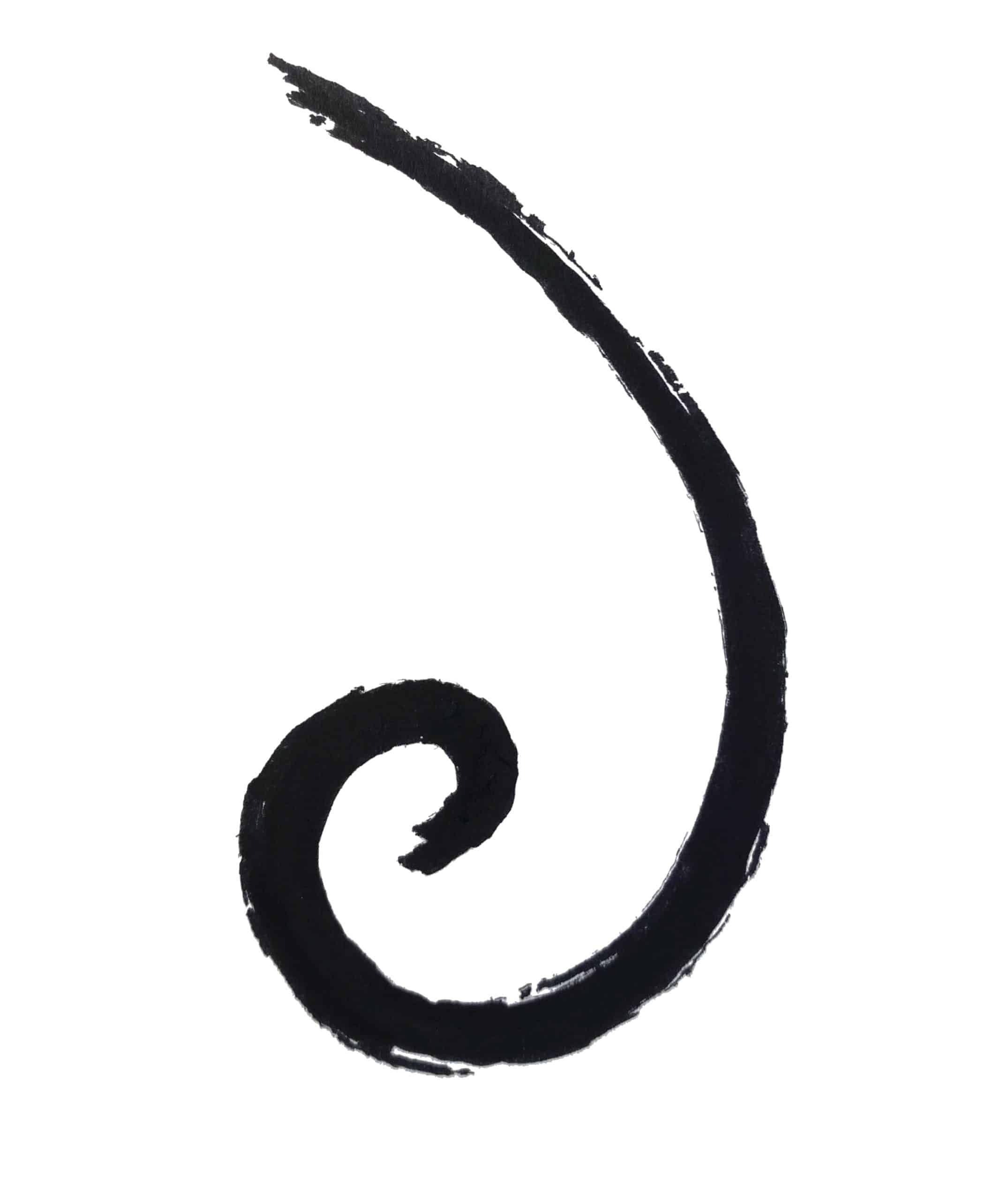“The heart that breaks open can contain the whole universe” – Joanna Macy
For urgent mental health support:
beyondblue – Mental health support
www.beyondblue.org.au
1300 22 4636
Lifeline Australia Crisis Support
www.lifeline.org.au
13 11 14
13YARN Indigenous support www.13yarn.org.au 13 92 76
Mensline Australia
www.mensline.org.au
1300 78 99 78
Kids Help Line
www.kidshelp.com.au
1800 55 1800
We live in troubling times. Among the first emotions we experience when we awaken to the ecological crisis may be grief, sadness, anger, despair, or even numbness. In Deep Ecology, we recognise that these feelings are natural, valid, and even precious – in that they connect us painful but important parts of ourselves, dimensions of the reality of our experience that we may otherwise not wish to touch, or even look at.
We also recognise that the powerful experiences we may have during a Deep Ecology or Work That Reconnects process, or in a holding action at the front line of forest protection for example, might be troubling, destabilising and take time to integrate. If you are having such an experience, you are not alone. We wholeheartedly recommend connecting to and seeking support from your community of Deep Ecology practitioners, spiritual community, family and friends, and resources available in the community for mental health support.
Further resources
To find a therapist (e.g.) : https://www.goodtherapy.com.au
to learn more about ways to work with the mental health challenges of the times we live in https://www.psychologyforasafeclimate.org/
A helpful article for young people about managing climate anxiety: https://au.reachout.com/articles/how-to-cope-with-anxiety-about-climate-change
Growing resilience through daily practice
Even if we do not make a habit of confronting ourselves with the facts about deforestation, climate change or the extinction crisis, we may also already experience a vague background anxiety, or a sense if disconnection and dullness, symptomatic of our isolation from the natural world and from one and other, promoted by social media and consumer society.
Deep Ecology as a group process and a philosophy is one of many ways to begin the process of healing, and in a way that empowers us also to live more fully in this time of need, showing up for whatever role we may have, large or small, front-line or grass roots, in holding, visioning and transitioning actions.
Research has shown however that the experience of deepened connection fades with time. This is why since time-immemorial teachers have recommended daily practices to maintain our sense of connection, and especially those that connect us to the breath and the body, and bring us down out of our “thinking mind” so prone to dwelling in stories about “self” and “other”. For resources related to embodied practices aimed at calming and healing, please visit https://www.deepecology.org.au/practice/eco-dharma/
Engaged Spiritual Pactices and community
For information and resources relating to the Plum Village community, a global Buddhist sangha dedicated to engagement, transformation and healing: http://www.plumvillage.org and https://earthholder.training/online-earth-holder-sangha/
For information relating to community supporting a Christian approach to environmental consciousness with the Uniting Church: https://www.unitingearthweb.org.au/
For an introduction to Dadirri, and indigenous Australian practice mode of deep listening in nature: stillness, awareness and connection: http://www.dadirri.org.au/wp-content/uploads/2015/03/Dadirri-Inner-Deep-Listening-M-R-Ungunmerr-Bauman-Refl1.pdf
Resource Library: The Mourning
Displaying posts from this website related to Grief stage of the spiral /Mourning process.

